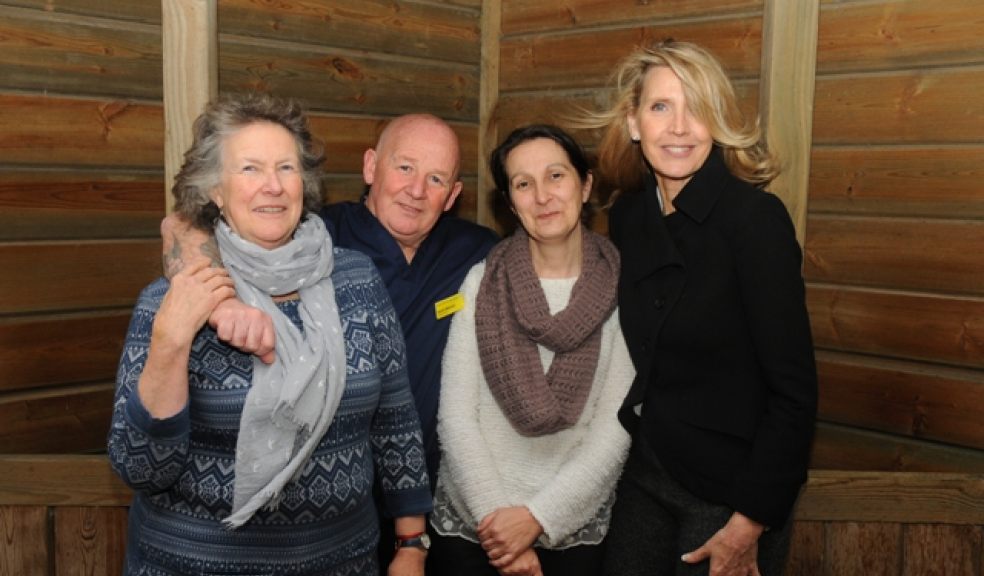
Living With and Beyond Cancer project transforms follow-up care
A pioneering project is transforming the delivery of cancer follow-up care for people receiving treatment at the Royal Devon and Exeter Hospital.
The Living With and Beyond Cancer project, involving the hospital, FORCE Cancer Charity and Macmillan Cancer Support, aims to provide support for patients from the point of diagnosis and redesign their follow-up care to help them take back control of their lives.
As part of the project, patients treated for cancer at the RD&E are already benefiting from support services provided by local cancer charity FORCE.
Additionally, Macmillan Cancer Support has provided funding for a project manager and a clinical project nurse to help redesign the follow-up pathway for all cancer patients from diagnosis through to their follow-up care.
Macmillan Patient Pathway Redesign Project Manager Wendi Abraham explains: “The story of cancer is changing. People are living longer after their diagnosis than they did 40 years ago, so increasingly it is now about living with and beyond cancer. That means cancer follow-up care also needs to change.
“RD&E cancer patients will still experience the same quality of care. However, by providing a good range of information and advice soon after diagnosis we are empowering people to take a more active role in their care.
“Previously patients may have thought how will I survive this and now more than ever they are thinking how will I live with this?”
Until recently FORCE and the RD&E ran a Moving Forward programme providing a range of practical information and support for patients at the end of treatment. As a result of patient feedback and in line with the national cancer survivorship initiative and the Living With and Beyond Cancer project, this information is now made available earlier through the Health and Wellbeing Clinics shortly after diagnosis.
The clinics, designed by FORCE’s Lead Oncology Support Specialist Sarah Delfont and Project Clinical Lead Keith Mitchell, are held fortnightly at the FORCE Support and Information Centre. Sarah Delfont said: “The clinics deliver expert information and advice from clinicians, consultants and dietitians, as well as giving patients the opportunity to network with one another and share experiences.”
Patient: Ms. W receiving treatment for skin cancer said: “The Health & Wellbeing Clinic helped take away the fear that lay ahead which helped me to manage my anxieties.”
A number of other actions identified by the Living with and Beyond Cancer project are already having an impact for RD&E patients:
- FORCE has funded an electronic holistic needs assessment tool (eHNA) to help identify the individual needs of the person diagnosed with cancer. If appropriate, a plan can be designed to give patients and their clinicians the right tools to make an informed choice about their care.
- Patient: Mrs J receiving treatment for breast cancer said: “I feel better just doing my assessment – it’s good to be able to talk about things. Thank –you”.
- Remote monitoring and stratification is allowing patients to be grouped according to their risk, and support a more individualised plan for follow-up care. Following a detailed evaluation of patients being remotely monitored 94% of those surveyed preferred this method.
- Patient: Mr. A receiving treatment for prostate cancer said: “The PSA tracker (a method used to remote monitor) relieves hospital appointments for people in more need of treatment and saves time and travel for myself. It’s brilliant”.
Tina Grose, Lead Cancer Nurse at the Royal Devon & Exeter NHS Foundation Trust, developed and championed the redesign project. She said: “Over time, these new ways of working are collectively improving the experiences of people receiving cancer treatment at RD&E,” she said. “None of these things would be possible without the collaborative efforts of FORCE, Macmillan Cancer Support and the RD&E.”













